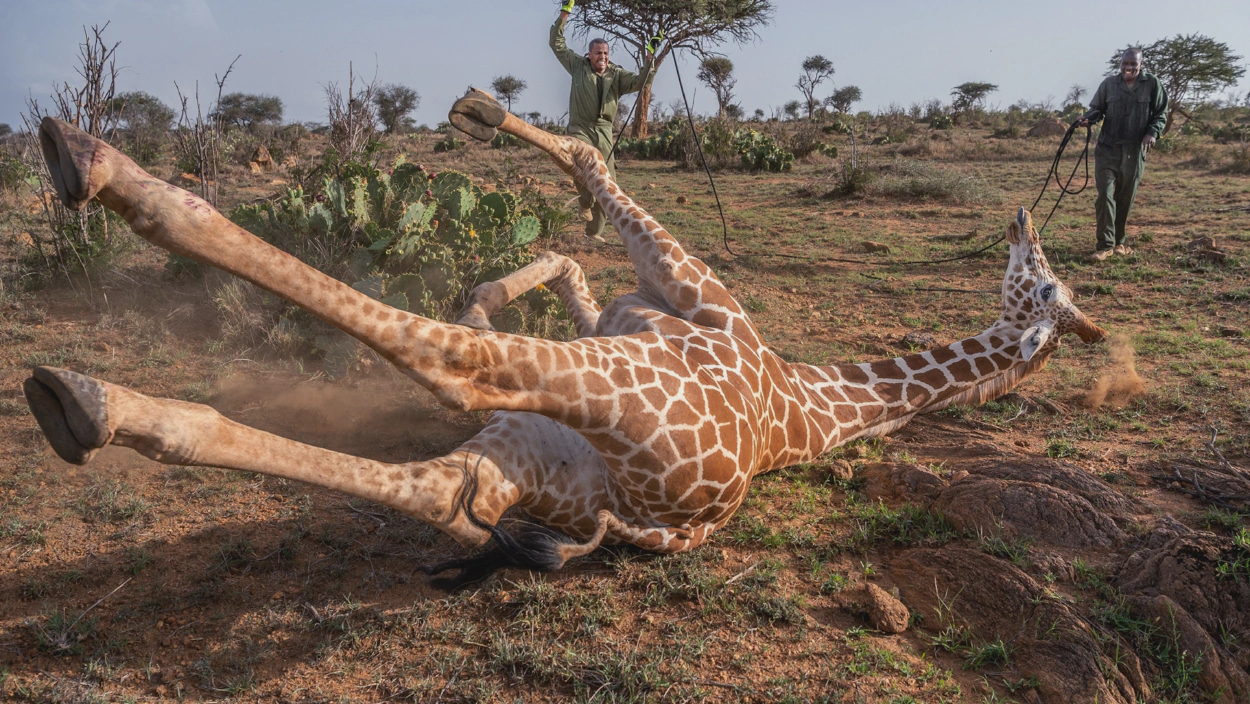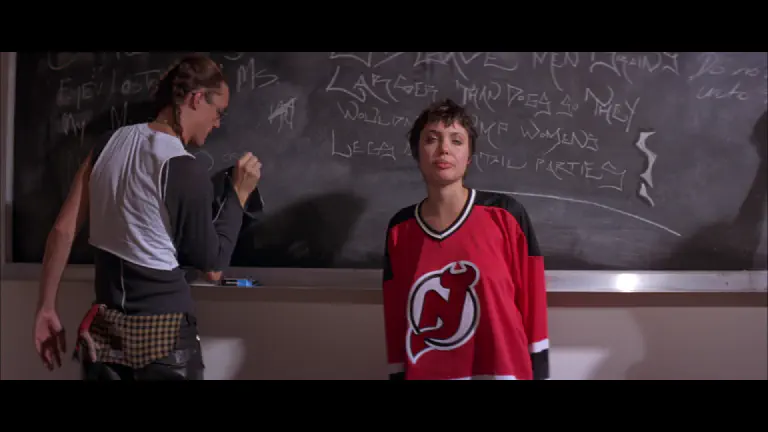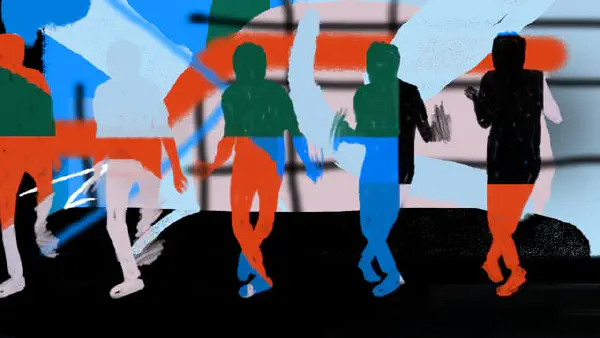Happenstance states that events in the universe are chance derived with outcomes that are neither first nor last best outcomes but outcomes that exist on a seemingly infinite continuum of possible ordinal outcomes ranked by any given set of criteria.
Thus a giraffe is not necessarily the best creature nature could put forward to eat leaves from tall trees, it's just some randomly derived creature that evolved successfully to eat leaves from tall trees.
Nature could have come up with a creature that was better than a giraffe at eating leaves from tall trees, which in fact it did: us.

Now most similar theories, for example Adam Smith's invisible hand or Karl Popper's falsificationist methodology, can be supported empirically in some way or another, but are not typically applicable in any non-normative ways.
Happenstance is in this regard no different.
In 2017, an inorganic chemist from UCLA named Chong Liu created in a lab a more efficient photosynthesis - the means by which plants turn photons into storable energy using bacteria and inorganic compounds - and at the same time validating happenstance.
'But all falsificationist methodologies were not created equally!', you might say.
George Soros's theory of fallibility, which states that all things in the universe are flawed, for example, is not the kind of theory you can apply practically, like gravity.
Soros, however, it seems did exactly that. He used his theory of fallibility to navigate profitably in uncertain and volatile financial markets.
And happenstance is a framework that can be used in the same way: to make sense of the many events around us that can be uninspiring, or in many cases simply absurd.
You see, happenstance says that any state in the universe is not a first best state and can therefore be improved on.
And if a state can be improved on, then by continually improving it can reach a better state, like equilibrium, for example.
Now, despite the fact that not more than four hundred years ago such a theory could have cost you your head, today it doesn't sound astonishing.
However, on more careful consideration it does disprove more deterministic theories that are popular in at least justifying some of our more caustic aggregate behaviour. Neitchze's will to power could be one example.
One could argue will to power obstructs equilibrium, because of course in utopia dominating one another by force would seem, well, disruptive.
But if will to power is not a first best outcome, and if evolution is real, will to power can be transcended.
And finally our abstract theory of happenstance has a use!
It tells us that we as a species are not locked into our less noble characteristics, and can therefore evolve to more progressive states.
This is rather welcoming if one doubts, for example, that poverty in third world countries can be eradicated.
Or, if one is convinced that we will eventually eat ourselves out of house and home, in a Malthusian way.
In short, happenstance says progress is viable.
And that is something we can be very happy about.
Notes
[Source giraffe image: https://www.nationalgeographic.com/animals/article/bold-plan-to-save-africas-giraffes-feature]
[Source feature video: "Hubble: The Wonders of Space Revealed | Horizon | BBC"]
[Happenstance is hypothesized by Yuri Tricys]














